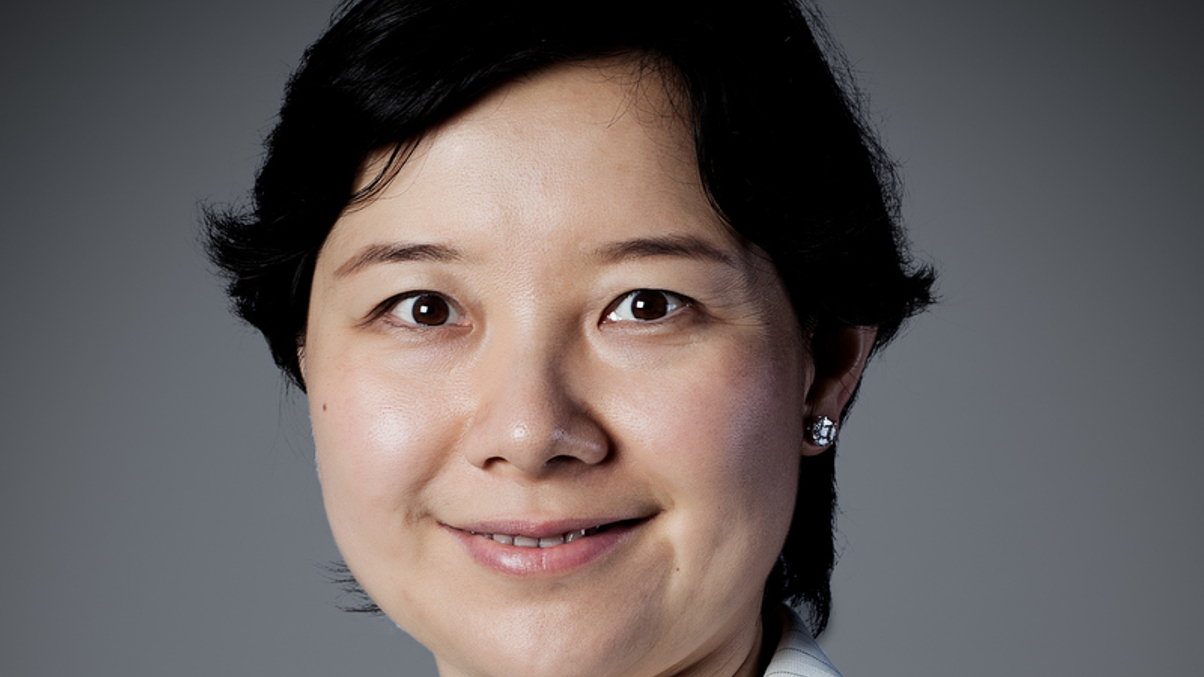SSgA's mooted China exit flags wider tensions
State Street Global Advisors’ reported move to exit its mainland joint venture is seen as highlighting a difference in approach to risk control between the US firm and its Chinese partner.

Another day, another fund house looks to ditch its joint-venture in China. Such relationships often prove difficult – particularly for the offshore partner – and tensions seem to be increasingly coming to a head.
Sign in to read on!
Registered users get 2 free articles in 30 days.
Subscribers have full unlimited access to AsianInvestor
Not signed up? New users get 2 free articles per month, plus a 7-day unlimited free trial.
¬ Haymarket Media Limited. All rights reserved.


